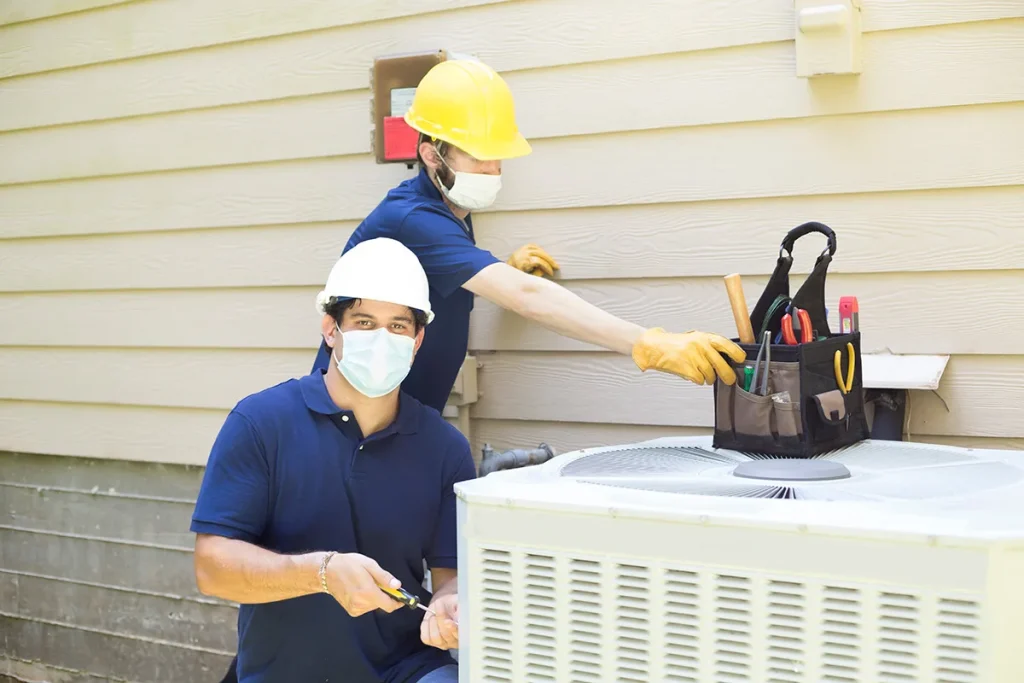Choosing a career path is one of the most critical decisions we make in life. For many, following the traditional route of attending college seems like the obvious choice. However, for some of us, this path doesn’t align with our personal goals and aspirations. In my case, I decided to skip college and pursue a career as an HVAC (Heating, Ventilation, and Air Conditioning) technician instead. Here are a few reasons why this decision made sense for me.
First and foremost, the financial considerations were significant. College tuition rates have been skyrocketing for years, leaving countless graduates saddled with enormous debt. According to statistics, the average student loan debt for college graduates in the United States is over $30,000. For many recent grads, it can take decades to pay off these loans while climbing the career ladder in their chosen field.
In contrast, HVAC training programs are much less expensive and quicker. Most programs can be completed within six months to two years at a fraction of the cost of a four-year degree. This meant that I could start earning a good income much sooner without the burden of overwhelming debt.
HVAC technicians are in high demand. With growing concerns about energy efficiency and climate control in both residential and commercial buildings, there’s a consistent need for skilled technicians. This job market stability offered a sense of security that I found incredibly appealing. Job opportunities in this field are abundant and varied, allowing techs to specialize in areas such as installation, maintenance, repair, or even green technologies like solar-powered heating systems.
Another key factor in my decision was job satisfaction. Working as an HVAC technician allows me to work with my hands and solve practical problems daily. Each day brings new challenges and opportunities to troubleshoot and repair different systems. The sense of accomplishment I get from fixing something tangible is immensely fulfilling compared to the abstract nature of many white-collar jobs.
Moreover, becoming an HVAC technician allows me to have more control over my work-life balance. Many technicians have the flexibility to work independently or run their own businesses someday. This entrepreneurial aspect offers unlimited potential for growth based on one’s ambition and drive.
The physical nature of HVAC work also appealed to me greatly. Unlike many desk jobs where one spends hours sitting behind a computer screen, this profession keeps you active and engaged through physical labor and hands-on tasks. This was particularly significant for someone like me who prefers staying mobile and detests the sedentary lifestyle that many office jobs impose.
Lastly, I considered personal alignment with my values and skills. From a young age, I’ve always been interested in how things work mechanically and have enjoyed dismantling gadgets just to see if I can put them back together again better than before. Pursuing a technical field like HVAC seemed like a natural fit for my skills and interests.
In conclusion, while college is undoubtedly the best route for many people aspiring to particular careers requiring extensive academic training—doctors, lawyers, engineers—it’s not for everyone. Skipping college to become an HVAC technician was ultimately about making a decision that aligns best with my financial goals, job market security, personal satisfaction, work-life balance preferences, physical activity needs, and inherent skills.
While society often views skipping college as an unconventional route potentially limiting one’s success prospects—it has provided me with incredible opportunities that would have otherwise been unaffordable or inaccessible through traditional education pathways. And most importantly—it’s created happiness in crafting a professional life finely tuned to who I am at my core… isn’t that what’s most important?

